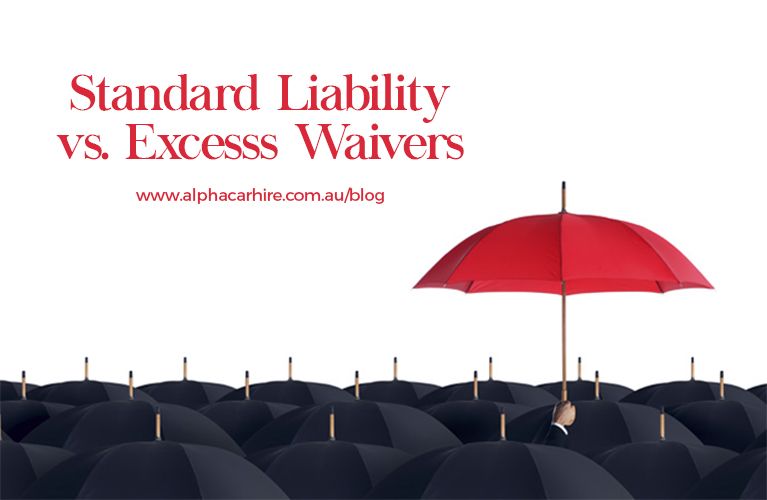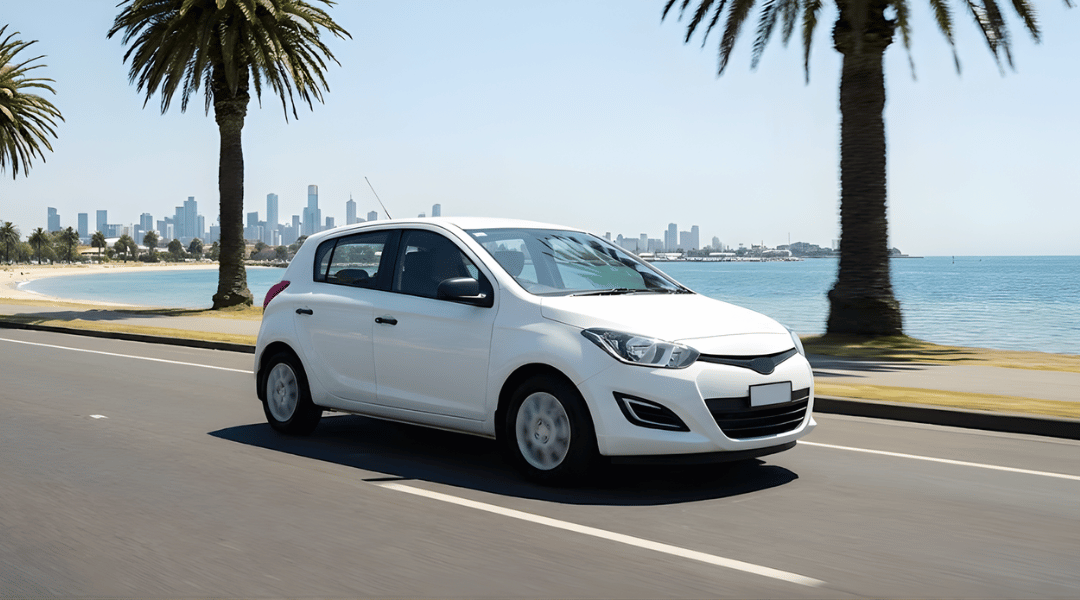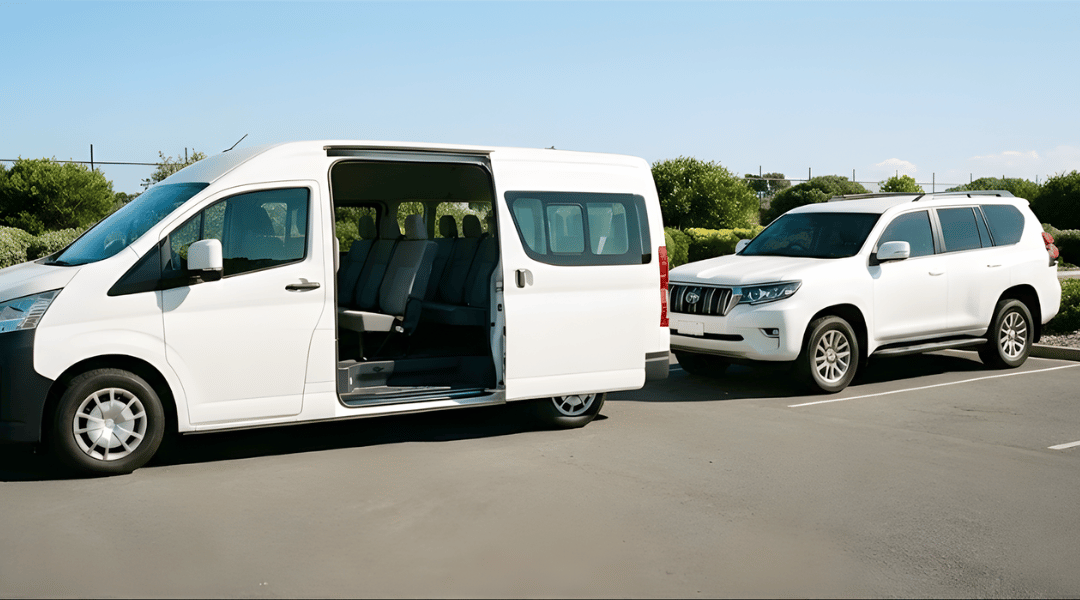You just booked a car rental, and you’re reading the terms and conditions included in the agreement. Then you get into the part about the standard insurance coverage and waiver plans. Do you really need to pay those extra charges? Here’s what you need to know about car rental insurance and those extra protection plans.
Comprehensive insurance with standard liability
Driving on the road can be risky. Accidents can happen anytime and to anyone. As such, car rentals offer vehicles that are covered by a comprehensive insurance with a standard liability. Standard liability, also known as liability charges or damage recovery fees, refer to what you’re liable to pay for as a renter in case you damaged the car in an accident, and is on top of the rental rates. Just like any type of coverage and liability agreements, they’re covered by specific terms and conditions, as well as exclusions.
The rates for the liability charges depend on each vehicle rental company. For Alpha Car Hire, their standard liability is $3300.00. This means if, during the rental period, the vehicle gets damaged, you will be automatically charged with an excess of $3300. No matter how small or great the extent of the damage is, this is the standard rate you’ll have to pay. Now $3300 IS a lot of money if you just, say, scratched a fender, right? This is where the waivers or protection plans come in.
What insurance waivers really do for you
 Image by www.ryanllp.com
Image by www.ryanllp.com
Because the excess or liability charge in case of an accident can be a heavy burden, many vehicle rentals offer waivers or protection plans. Here are the reasons why getting a waiver can help you save money in the long run:
- $0 Excess or reduced liability charges – If you don’t want to pay the excess or reduce excess rates in case of an accident, you can opt for a waiver. Now waivers come in different protection packages. These waivers can offer $0 excess or a reduced liability charge.
- More affordable than the standard liability charge – Waivers are available at a daily cost, with their prices depending on the number of rental days. Keep in mind that the longer the rental period is, the smaller the waiver rates are. Some car rentals provide a waiver cap or limit. This is definitely worth looking into if you’re planning to hire a car for weeks or months.
Taking a waiver is a budget-friendly solution if you want to have liability coverage but don’t want to pay thousands of dollars in case of an accident. And because waivers can be offered as a daily add-on to your rental charges, it wouldn’t feel too much of a burden.
Exclusions and limitations
 Image by www.goldmanlegal.net
Image by www.goldmanlegal.net
As with all kinds of liability coverage, waivers have exclusions and limitations. These can include single vehicle damage, animal and hail damage, as well as damage caused by negligence and abuse. Your age can also be a limitation since most car rentals offer different protection plans for high-risk drivers (ie: those that are below 25 years old and above 75 years old). The type of waiver that can be offered to you also depends on the type of vehicle you are renting. In some companies, waiver packages for passenger vehicles are different from those for commercial vehicles such as trucks and UTEs.
When renting a car, check out the company’s standard liability and waiver packages. Protection plans are optional, but wouldn’t you want to pay less in case of an accident? So on your next trip, be sure to make use of the rental insurance waivers to get more bang for your buck.




